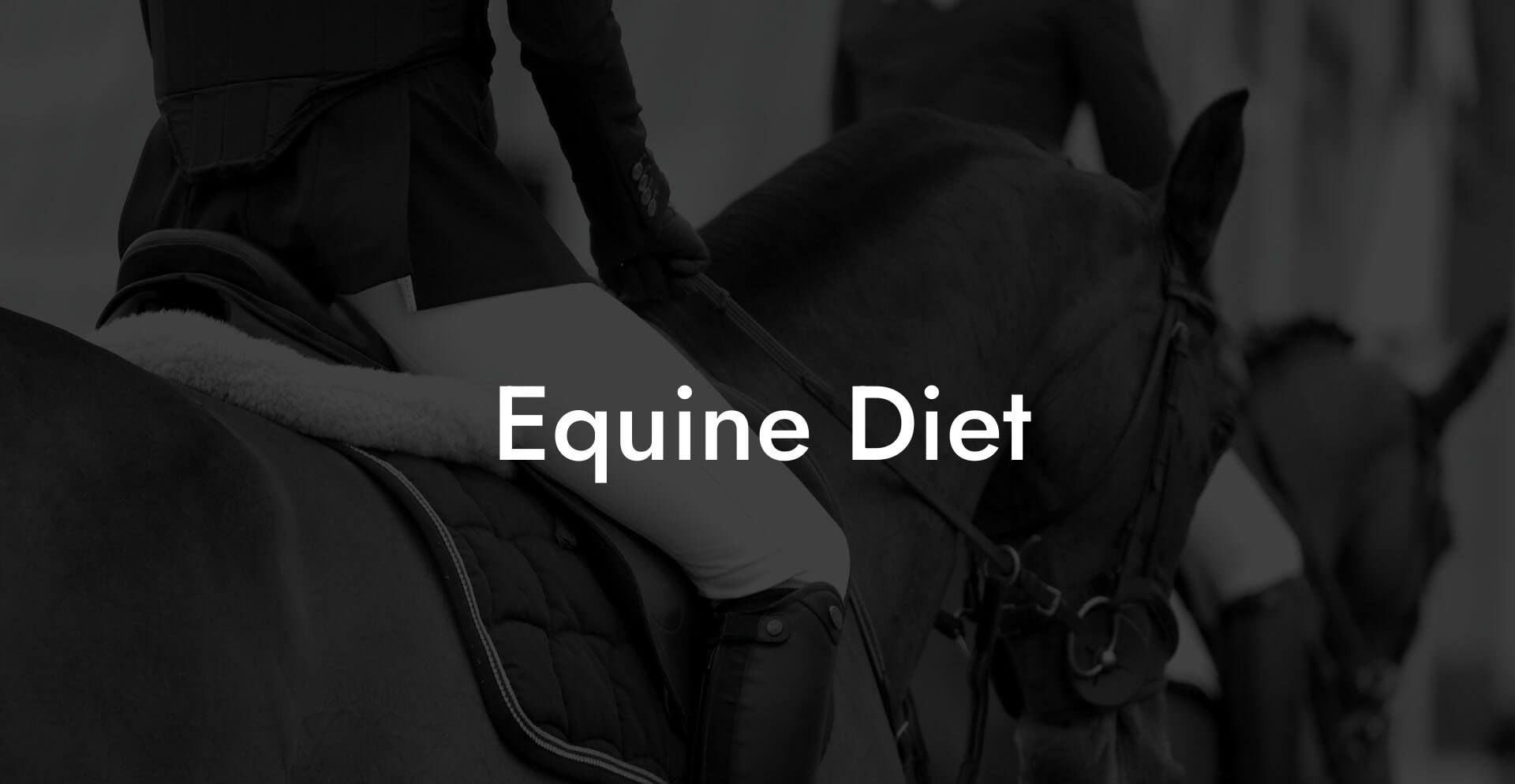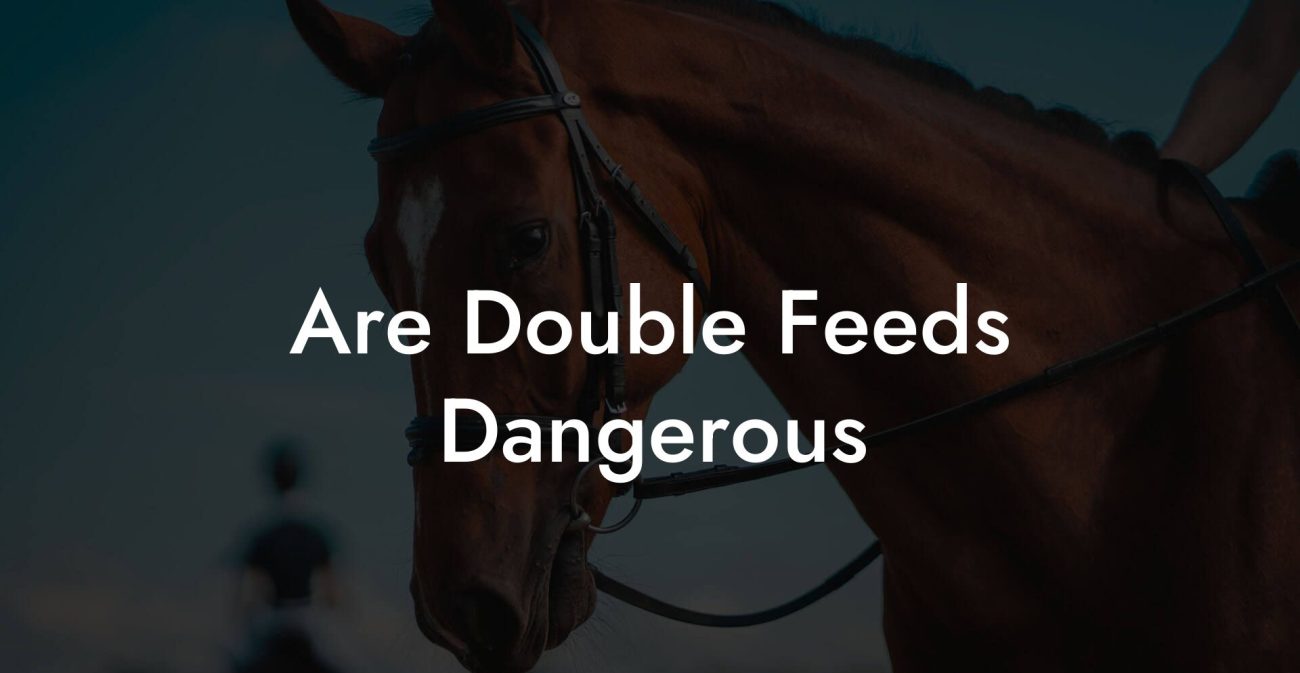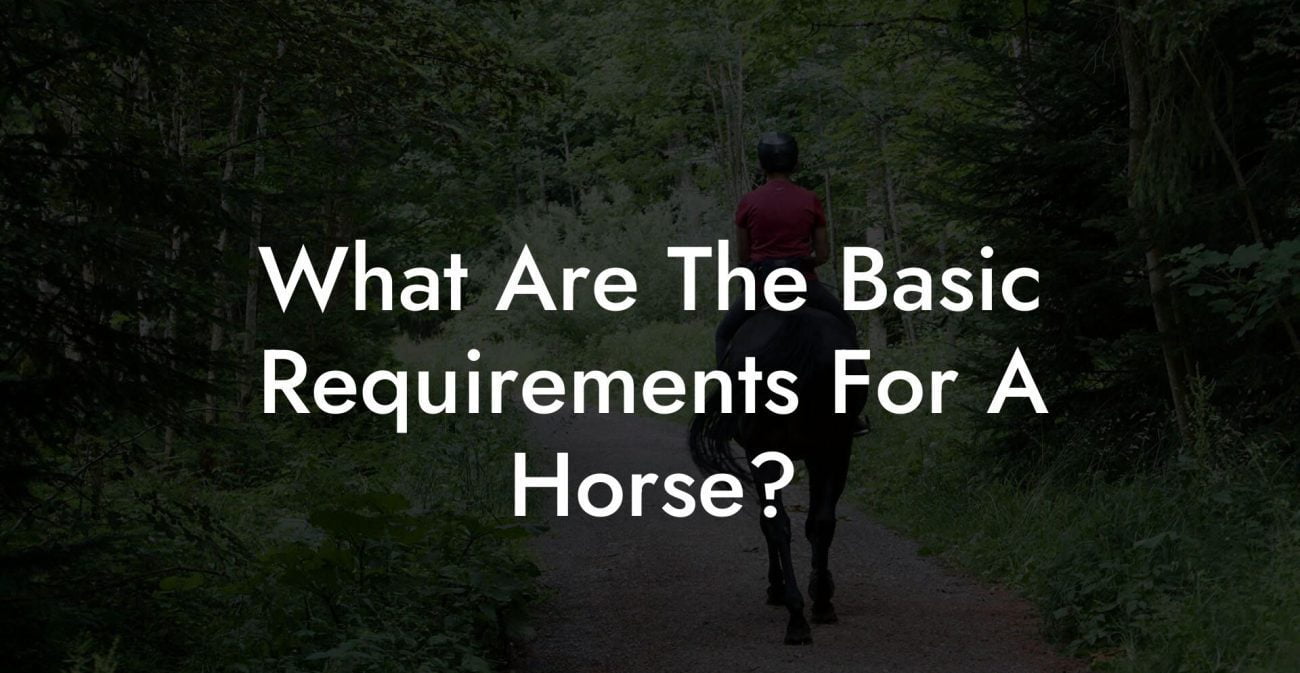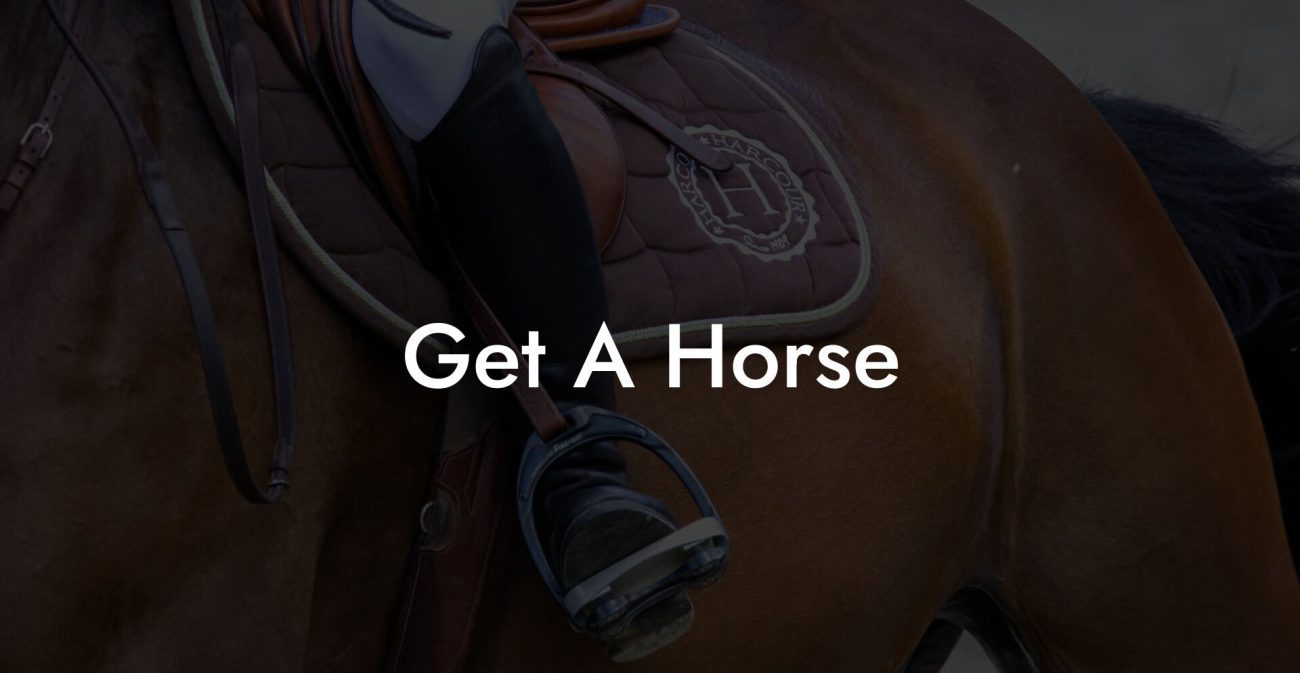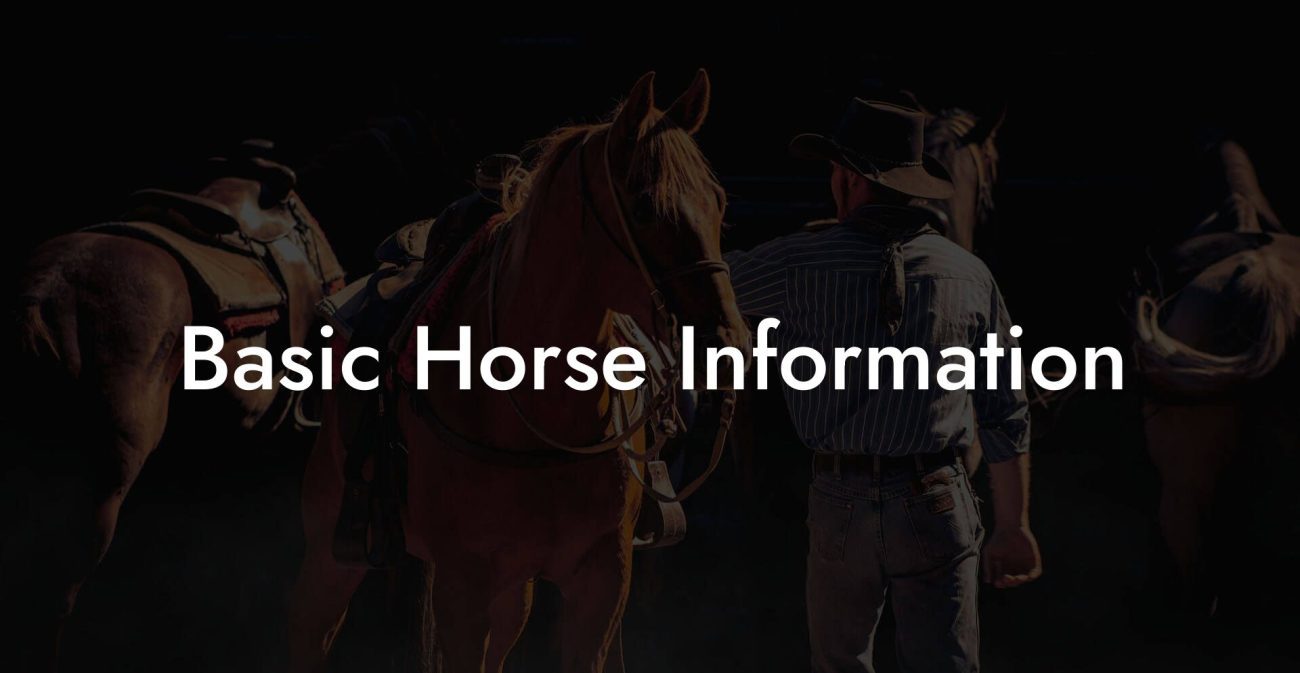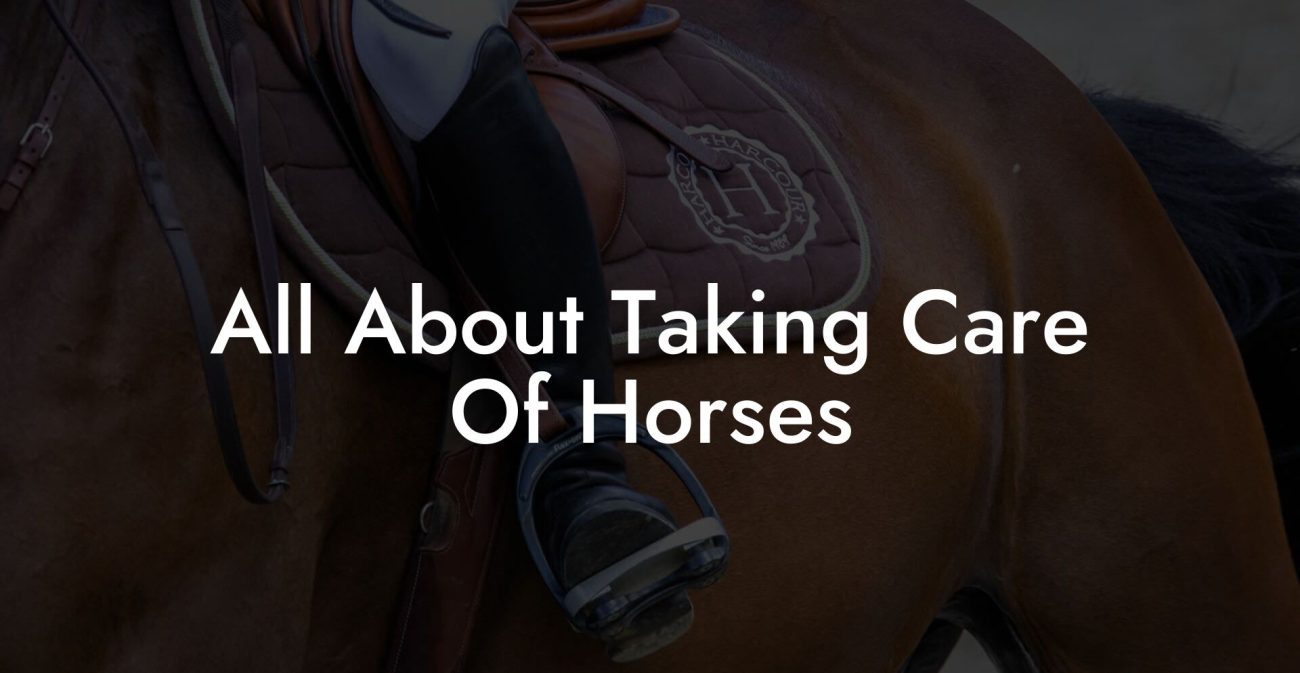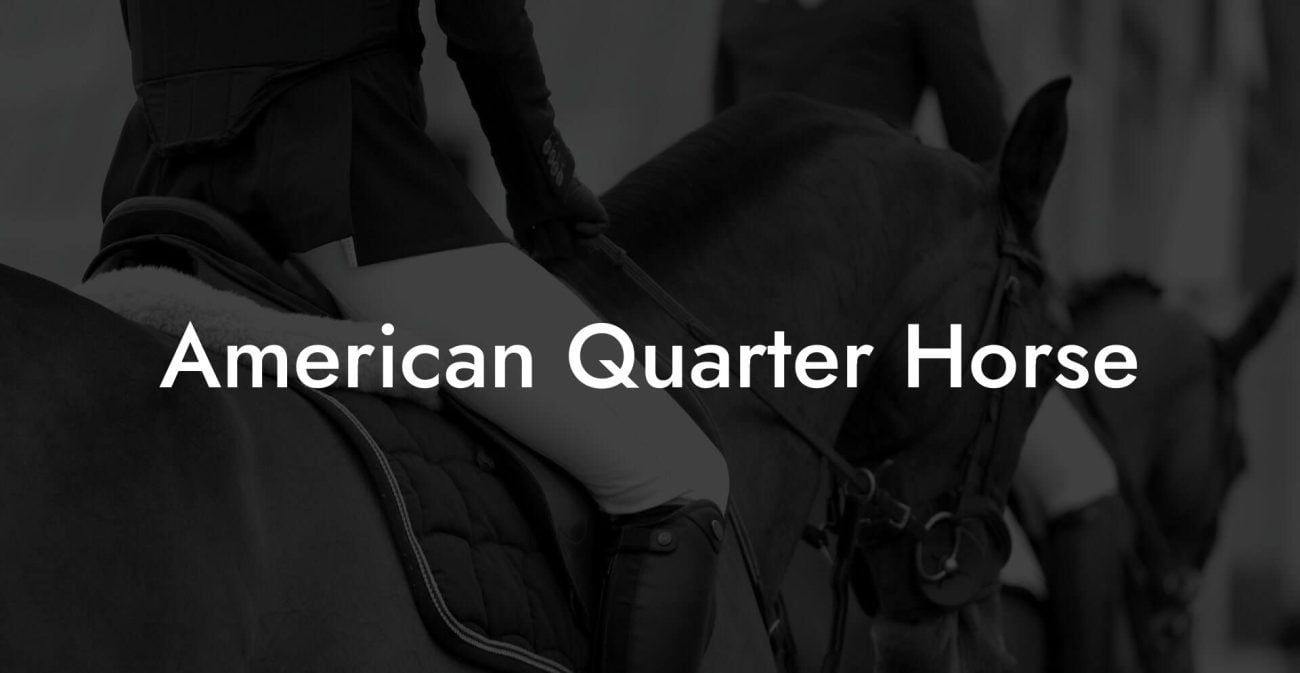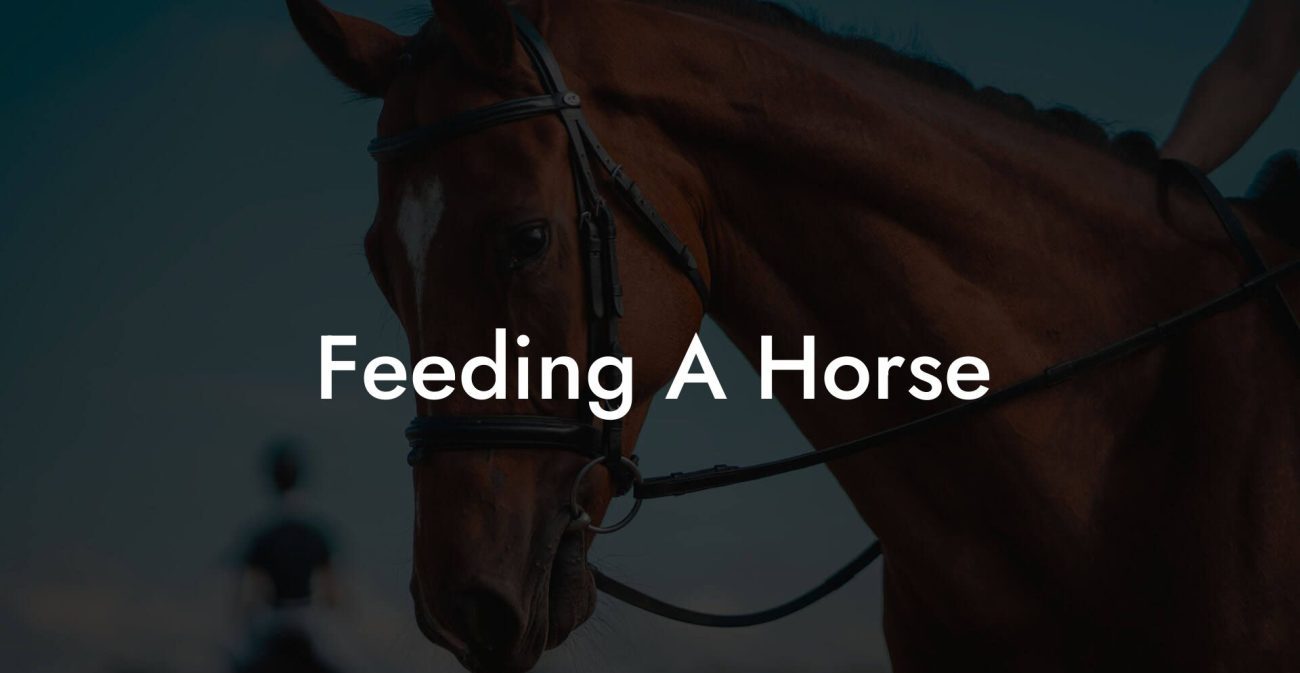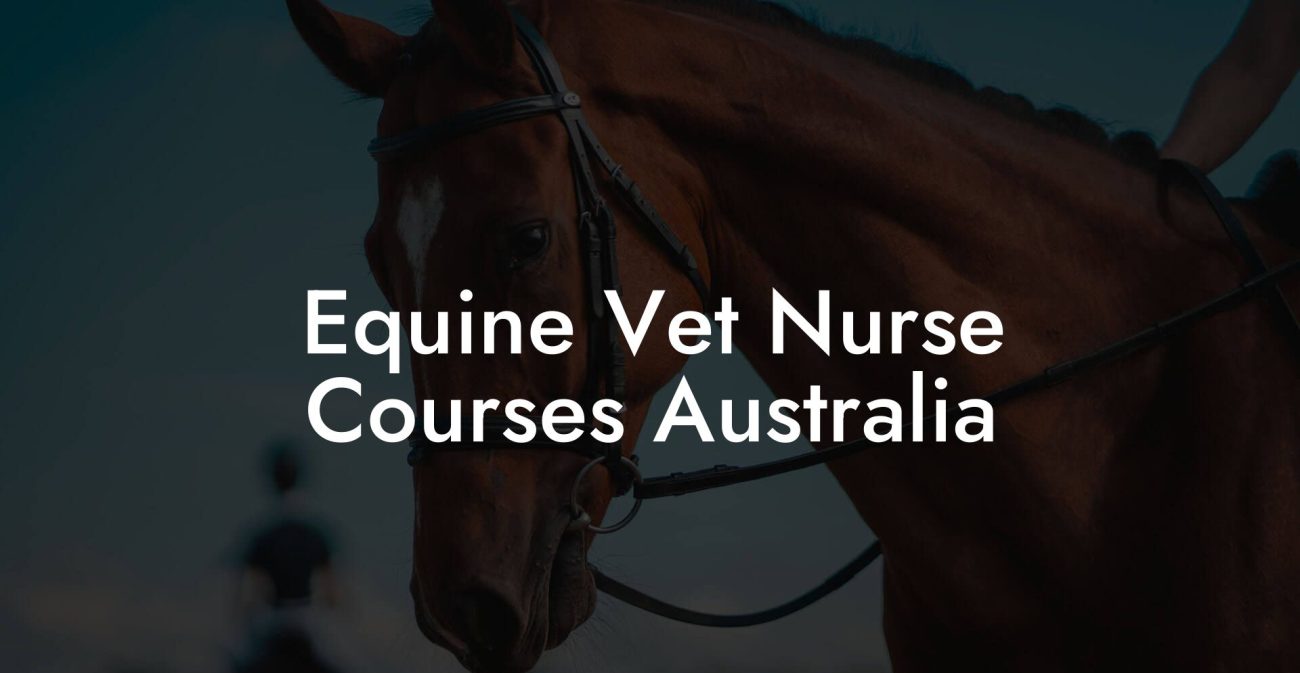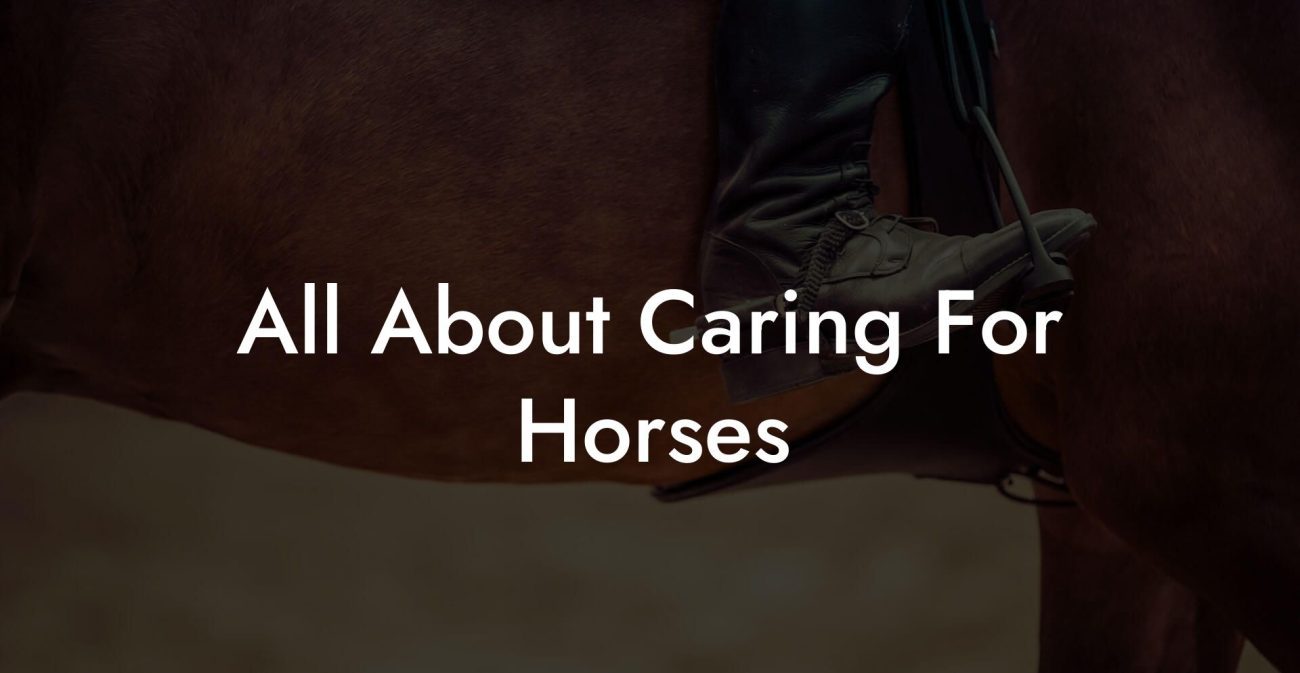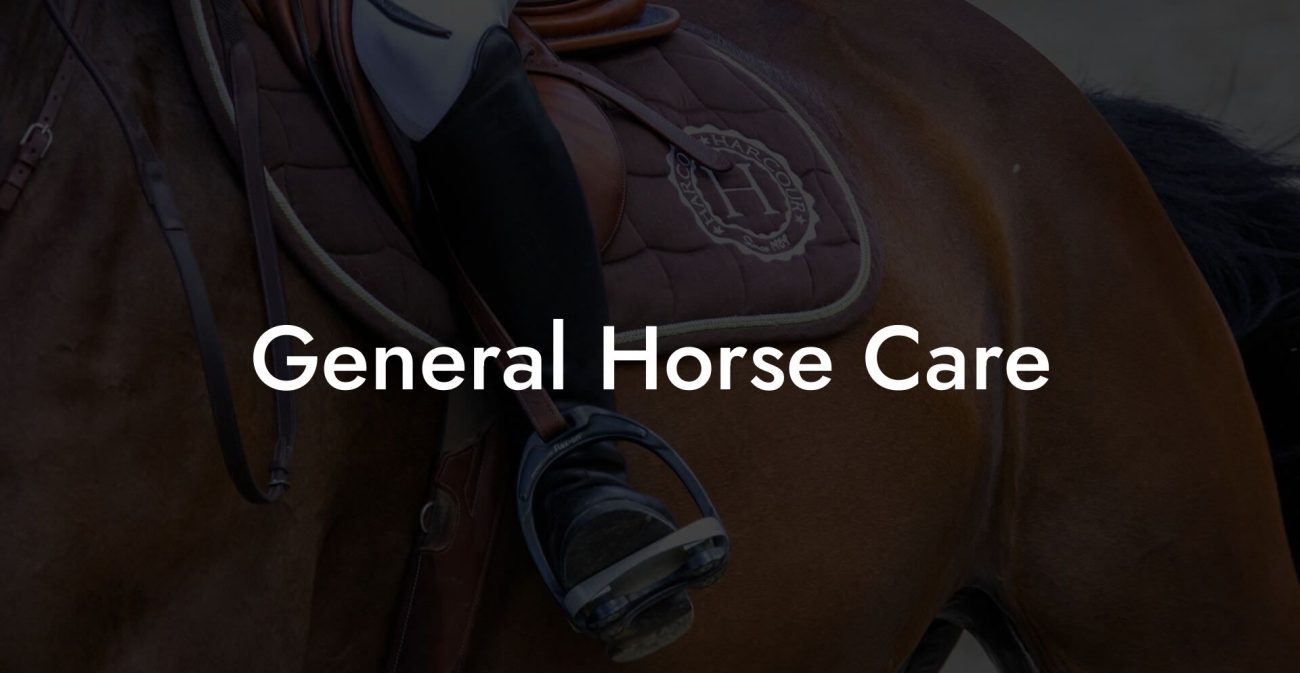When it comes to feeding your four-legged BFF, things can get surprisingly complicated, but also ridiculously fun. Balancing the meal plan for your equine friend is not just about tossing them hay and oats; it’s about curating a diet that fuels a powerhouse athlete, a majestic companion, and sometimes a sassy social media influencer all in one. Get ready to dive into the amazing world of equine diets, where nutrition science meets good old-fashioned horse care, and where every carrot, clover, and crunchy pellet counts.
Quick Links to Useful Sections
- Understanding the Equine Diet: A Crash Course in Horse Cuisine
- Core Nutrients: The Building Blocks of a Superstar Equine Diet
- Forage and Fiber
- Carbohydrates
- Proteins
- Fats
- Vitamins and Minerals
- Feeding Practices: From Pastures to Pellets
- Free-Choice Forage vs. Scheduled Feeding
- The Art of Rationing
- Adapting to Changes
- Homemade vs. Commercial Feeds: What’s the Real Deal?
- Homemade Feeds
- Commercial Feeds
- Supplements and Additives: Tailoring the Equine Diet to Perfection
- Joint Health and Mobility Boosters
- Digestive Aids and Probiotics
- Vitamins, Minerals, and Beyond
- Integrative Approaches: Merging Nutrition with Lifestyle & Training
- Exercise and Nutritional Synchronization
- Stress Reduction Techniques
- Regular Health Check-Ups and Nutritional Audits
- Common Challenges in Equine Nutrition and How to Beat Them
- Digestive Disorders
- Picky Eaters
- Obesity and Metabolic Issues
- Nutrient Deficiencies
- Practical Daily Tips for Optimizing Your Horse’s Diet
- Establish a Feeding Schedule
- Monitor Body Condition
- Keep Fresh Forage Available
- Stay Informed & Evolve
- Equine Diet Myths Debunked: Separating Fact from Fiction
- Myth 1: More Grain Equals More Energy
- Myth 2: All Hay is Created Equal
- Myth 3: Supplements Can Replace a Balanced Diet
- Myth 4: Horses Should Be Bulk-Fed at Night
- Resources and Community Support: Your Next Steps in Equine Nutrition
- Equine Diet: A Holistic Approach to Nurturing Your Equine Companion
- Equine Diet FAQs: Your Most Pressing Questions Answered
- Your Journey Toward a Vibrant and Balanced Equine Diet
Understanding the Equine Diet: A Crash Course in Horse Cuisine
Horses are unique creatures with a digestive system designed for grazing. Unlike us gym-goers who swap protein shakes and quinoa bowls, our equine pals thrive on a diet that’s high in fiber, moderate in energy, and low in starch. At its core, an equine diet is about balance, ensuring your horse gets plenty of foraged fiber from hay or pasture, alongside carefully measured grain concentrates and supplemental feeds when needed.
For those who love mixing science and nature, figuring out the optimal equine diet is like solving a vibrant puzzle. The ingredients include lush pastures, high-quality hay (usually timothy or orchard grass), grains like oats or barley, and sometimes a blend of vitamins and minerals to top it off. This approach supports everything from robust digestion to shiny coats and peppy energy levels.
In short, think of the equine diet as a holistic care strategy. It’s not merely about feeding, it’s about nurturing overall equine health, from a radiant mane to strong, healthy hooves.
Core Nutrients: The Building Blocks of a Superstar Equine Diet
A well-rounded equine diet is like a balanced playlist that keeps your horse grooving all day long. Let’s break down the essential nutrients that form the backbone of an optimal feed plan:
Forage and Fiber
The cornerstone of any equine nutrition strategy is fiber. Horses are designed to spend most of their lives grazing; therefore, forage (pasture grass and hay) is critical for maintaining a healthy digestive system. Fiber not only aids in digestion by stimulating the gut, but it also helps prevent issues like colic and gastric ulcers. High-quality forage keeps the microbial ecosystem in your horse’s hindgut buzzing and efficient.
Carbohydrates
Carbs in an equine diet mainly come from forages, but grains or commercial concentrates can add an extra burst of energy when needed. Carbohydrates provide the quick energy your horse needs for those spontaneous sprints in the paddock or during an intense training session. However, it’s crucial to manage their intake because too many starches can overload the gut, leading to potential health risks.
Proteins
Protein is essential for muscle repair, growth, and overall performance. In horses, protein sources primarily include legume hays like alfalfa and specially formulated feeds with balanced amino acid profiles. Striking the right protein balance is key, adequate protein helps your horse build lean muscle mass without encouraging excessive fat deposition.
Fats
Fats in the equine diet are often misunderstood. While most of a horse’s calories come from forages and grains, a carefully managed fat source (like vegetable oils) can provide a concentrated energy boost and contribute to a silky coat and healthy skin. Fats should be introduced slowly and balanced carefully with overall caloric intake.
Vitamins and Minerals
Think of vitamins and minerals like the behind-the-scenes crew in a blockbuster movie; they might not get the headlines, but their contribution is vital. Calcium, phosphorus, magnesium, and trace minerals like zinc and selenium play essential roles in bone strength, muscle function, and overall vitality. A well-formulated equine diet will always include these micronutrients in the right proportions.
By understanding and balancing these core nutrients, you’re setting the stage for a diet that supports robust digestion, high energy levels, and impressive overall health in your horse.
Feeding Practices: From Pastures to Pellets
Transitioning from “just feeding hay” to creating a comprehensive equine diet plan is like upgrading from a flip phone to the latest smartphone, you suddenly see a world of possibilities. Here are some best practices and methods to ensure your horse’s diet isn’t just nutritionally comprehensive, but also engaging and adaptable to everyday life.
Free-Choice Forage vs. Scheduled Feeding
Horses are natural grazers. Many owners choose a free-choice forage system where hay or pasture is available throughout the day. This method closely mirrors a horse’s natural feeding behavior, reducing the risk of digestive upsets by allowing constant intake of fiber.
On the flip side, scheduled feeding might involve specific meal times, often used when incorporating grains or supplemental feeds. This method can be useful for exercising careful control, particularly for horses with metabolic issues.
The Art of Rationing
Just like humans count calories and macros, horses benefit from carefully measured rations. Work with a nutritionist or your local equine vet to determine the right balance based on age, activity level, and health status. Ration balancers and premixes can simplify the process by ensuring your horse’s meal contains all the essential vitamins and minerals.
Adapting to Changes
Your horse’s dietary needs might shift with the seasons, training regimens, or changes in health. For instance, winter might require a higher caloric intake to keep warm, while an athletic horse might need more energy before a competition and a more restorative diet afterward. Flexibility and frequent assessment are key to maintaining a balanced equine diet.
Consistent monitoring and adjustments are essential to avoid nutritional deficiencies or excesses that can lead to health issues such as laminitis, obesity, or metabolic syndrome.
Homemade vs. Commercial Feeds: What’s the Real Deal?
The debate between homemade feed mixes and commercially prepared equine diets is as hot as the latest viral meme. Both options come with their own set of pros and cons, so let’s break it down.
Homemade Feeds
For those who love a hands-on approach, creating a homemade feed mix offers unparalleled control over the ingredients. You can tailor the feed based on your horse’s specific nutritional requirements, sourcing local ingredients and avoiding additives you’d rather skip. With homemade feeds, transparency is king, you know exactly what goes into every bite.
However, the flip side of crafting bespoke feeds is that it requires a deep understanding of equine nutrition (or access to a trusted expert). Mistakes in measuring vitamins, minerals, or energy sources can lead to imbalances that hurt your horse’s health over time.
Commercial Feeds
Commercial equine feeds have been formulated by experts, ensuring that each bag delivers a balanced mix of nutrients. These feeds are convenient, often designed to cater to different life stages and performance levels, from broodmares to racehorses. Quality commercial feeds come with detailed nutritional information so you can monitor your horse’s intake.
Despite their convenience, not all commercial diets are created equal. Quality varies widely, and some cheaper products might include unwanted fillers or lack comprehensive nutrient profiles. It’s important to choose brands with a solid reputation and proven results.
Ultimately, whether to go homemade or commercial depends on your lifestyle, expertise, and your horse’s specific needs. Many horse enthusiasts even blend the two, using commercial feeds as a base and supplementing with homemade treats and forages.
Supplements and Additives: Tailoring the Equine Diet to Perfection
Even the most balanced equine diet might benefit from a little extra boost. Supplements can help address specific health concerns, support joint health, enhance digestive efficiency, and even polish up that already beautiful coat. But here’s the catch: not every supplement is a magic bullet.
Joint Health and Mobility Boosters
For active horses or seniors, joint supplements that include glucosamine, chondroitin, and MSM can be a game changer. These ingredients support cartilage health and joint lubrication, reducing the risk of arthritis and stiffness. Many trainers swear by these supplements to keep their equine athletes performing at their peak.
Digestive Aids and Probiotics
To maintain a robust gut, consider introducing probiotics and digestive enzymes into your horse’s diet. These help balance intestinal flora, improve nutrient absorption, and can significantly reduce the risk of digestive disorders. A happy gut means a happy horse, and fewer emergency trips to the vet.
Vitamins, Minerals, and Beyond
Even a diet that seems complete can sometimes miss out on specific micronutrients. Supplements tailored to fill these gaps, whether it’s additional selenium during the winter months or extra vitamin E for skin and muscle health, can help ensure your horse is running on 100% all day, every day.
Remember, supplements should be used as an addition to, not a replacement for, a balanced diet. Always consult with an equine nutrition expert before introducing new supplements to avoid nutrient overdoses or imbalances.
Integrative Approaches: Merging Nutrition with Lifestyle & Training
Modern equine management is evolving, and increasingly, proactive owners are looking beyond just food. Integrating the diet with overall lifestyle management, exercise routines, stress reduction, regular veterinary check-ups, and even alternative therapies, is the new frontier for equine care. This isn’t just about what your horse eats; it’s about enhancing their well-being holistically.
Exercise and Nutritional Synchronization
Just like a marathon runner, a well-fed horse needs the right exercise regimen to make the most of its diet. Whether your horse is a show jumper, a trail cruiser, or a laid-back pasture potato, combining exercise with nutritional planning maximizes energy utilization, promotes healthy muscle development, and helps prevent unwanted weight gain. Syncing feeding times with workouts can even optimize digestion and energy levels.
Stress Reduction Techniques
Believe it or not, stress can affect your horse’s digestive system. Chronic stress may lead to reduced feed intake and digestive upsets. Many innovative equine enthusiasts now incorporate practices such as massage therapy, gentle stretching routines, or even calming music during feeding times to reduce anxiety. This integrative approach not only improves digestion but also contributes to a happier, more relaxed horse.
Regular Health Check-Ups and Nutritional Audits
A stellar equine diet is part of a larger equation that includes regular veterinary exams and nutritional audits. By regularly assessing your horse’s body condition and overall health, you can adjust its diet, exercise plan, and supplementation regime accordingly. This proactive strategy helps identify potential nutrient gaps, digestive issues, or metabolic problems early on.
Integrative care is all about synergy, where nutrition, exercise, and overall care converge to promote a life of vigor and joy for your horse.
Common Challenges in Equine Nutrition and How to Beat Them
No journey to mastering equine nutrition is without its bumps in the road. From picky eaters to horses with sensitive digestive systems, here are some of the most common challenges and how savvy owners tackle them.
Digestive Disorders
Horses are notorious for their sensitive stomachs. Issues like colic, founder, and laminitis can often be traced back to sudden changes in diet or imbalances in feed. The key to avoiding these pitfalls is gradual transition, introducing new feeds slowly, monitoring intake levels, and ensuring a constant supply of clean, high-quality forage.
Employing feed additives like probiotics and digestive enzymes, as mentioned earlier, can also stabilize the gut environment and ward off many digestive woes.
Picky Eaters
Every owner encounters that one horse who seems to have the palate of a food critic. A picky eater might refuse certain grains or specific types of hay. If you’re facing this predicament, experiment with different textures, flavors, and moisture levels. Mixing in chopped fruits, veggies, or even a bit of molasses can sometimes tip the scales in favor of a more enthusiastic appetite.
Obesity and Metabolic Issues
Overfeeding, particularly of high-starch concentrates, can lead to conditions like equine metabolic syndrome or simply an overweight horse. Managing portions, measuring feed accurately, and switching to low-starch alternatives can help control weight. Combining nutritional strategies with regular exercise is critical for horses prone to metabolic issues.
Nutrient Deficiencies
Even with careful planning, deficiencies in key vitamins or minerals can occur. Diligent diet formulation, supplemented with periodic blood tests and health assessments, can pinpoint nutritional gaps. Adjusting the diet or integrating targeted supplements ensures that your equine friend always meets its health potential.
By anticipating and addressing these challenges, you’re setting your horse, and yourself, up for success in the long run.
Practical Daily Tips for Optimizing Your Horse’s Diet
While equine nutrition can sound science-heavy, integrating these strategies into your daily routine doesn’t require a PhD in horse care. Here are some down-to-earth, actionable tips that bring professional nutrition care into a barn-friendly format:
Establish a Feeding Schedule
Consistency is key. Whether you opt for free-choice forage or scheduled meals, setting a regular feeding routine helps manage digestion and energy levels. Use simple tools like meal planners, digital reminders, or even a chalkboard in the barn to keep track.
Monitor Body Condition
Regularly assess your horse’s body condition score. This visual and tactile evaluation helps you adjust portions, change feeds, or consult a nutritionist before minor weight issues become major health concerns.
Keep Fresh Forage Available
Fresh forage isn’t just nutritious; it provides mental stimulation and stress reduction for grazing horses. Rotational grazing, proper hay storage, and frequent quality checks ensure your horse always has access to the best greenery.
Stay Informed & Evolve
Equine nutrition is an evolving field, with emerging research frequently offering new insights into feed formulations and management practices. Ride the wave of innovation by participating in local equine nutrition seminars, online forums, and keeping up with leading equine nutrition journals.
Every step you take towards perfecting your horse’s diet translates to longer, healthier, and happier days in the paddock. It’s about intuitive care and proactive management, an art and a science all rolled into one.
Equine Diet Myths Debunked: Separating Fact from Fiction
The equine nutrition landscape is rife with myths and half-truths that can leave even the most dedicated horse owners scratching their heads. Let’s debunk some of the most common ones:
Myth 1: More Grain Equals More Energy
It might seem logical, but throwing extra grains at your horse doesn’t necessarily boost energy, it can lead to digestive upset and even metabolic disorders. Energy should come from a balanced mix of quality forage, measured grains, and fats.
Myth 2: All Hay is Created Equal
Not all hay is the nutritional superstar it’s often made out to be. The quality of hay varies significantly based on the source, maturity of the plant, and storage conditions. Always strive for high-quality, dust-free hay that’s appropriate for your horse’s specific needs.
Myth 3: Supplements Can Replace a Balanced Diet
Relying solely on supplements without a solid nutritional foundation can do more harm than good. Supplements should fine-tune and complete a balanced diet, not serve as the cornerstone.
Myth 4: Horses Should Be Bulk-Fed at Night
Although many believe feeding a large meal in the evening is best, consistency and regularity matter more than the actual time of day. A stable routine supports better digestion than sporadic, heavy feedings.
Dispelling these myths with evidence-based practices empowers you to make informed decisions, setting your horse’s nutritional routine on a path to excellence.
Resources and Community Support: Your Next Steps in Equine Nutrition
Embarking on the journey of optimizing your horse’s diet can feel overwhelming, but rest assured, you’re not alone. There’s a vibrant community of equine nutritionists, veterinarians, and passionate horse owners ready to share tips, support, and innovative ideas.
Here are some actionable next steps and resources to connect with like-minded equestrians:
- Equine Nutrition Forums: Join online communities where fellow owners discuss the latest nutritional research, share success stories, and exchange practical feed recipes.
- Local Workshops & Seminars: Look for events hosted by veterinary colleges, nutrition experts, and equine associations. Hands-on demonstrations provide insights that go beyond the classroom.
- Consultation with Equine Veterinarians: Regular check-ups are essential. Collaboration with your vet ensures your horse’s diet aligns with its health status, life stage, and activity level.
- Social Media Communities: Follow hashtags like #EquineNutrition, #HorseFeed, and #HealthyHorses on platforms like Instagram and TikTok to stay in the know and connect with influencers in the equestrian world.
- Books and Journals: Explore literature written by trusted experts in equine nutrition. Publications and online courses are a treasure trove of modern practices and age-old wisdom.
These resources not only help you stay updated on the latest in equine dietary research but also connect you with a supportive network that understands the passion and challenges of horse care. The more informed you are, the better equipped you will be to craft a diet plan that lets your horse thrive.
Equine Diet: A Holistic Approach to Nurturing Your Equine Companion
Embracing the art and science of equine nutrition isn’t just about the latest feed formulas or must-try supplements, it’s about sculpting a lifestyle that offers your horse longevity, strength, and boundless vitality. Each carefully measured meal, every freshly chopped piece of forage, and the ongoing commitment to tailoring a diet that evolves with your horse’s needs unveils the transformative power of a balanced equine diet.
When you feed your horse, you’re not just filling a belly; you’re fueling adventures, fostering wellness, and creating a bond through shared care and attention to detail. Modern equine nutrition marries precision with passion, ensuring that every meal supports a future of health, performance, and contentment.
Think of your horse’s plate as an ongoing gallery of art and science, a continually evolving masterpiece that celebrates both tradition and innovation. Embrace the challenge, experiment safely, and let your creative instincts guide you as you curate meals that speak directly to your horse’s unique personality and needs.
As you integrate these strategies into your daily routine, remember that the journey to optimal equine nutrition is one of patience, adaptation, and joyful learning. With every successful feeding session, you’re not just nurturing a horse, you’re cultivating a legacy of care, passion, and holistic well-being.
Equine Diet FAQs: Your Most Pressing Questions Answered
Below are some frequently asked questions that address everyday concerns and common curiosities about crafting the perfect equine diet:
1. What is the most important component of an equine diet?
Forage and fiber are the most critical components. They mimic a horse’s natural grazing behavior, promote proper digestion, and help maintain overall gut health.
2. How can I tell if my horse’s diet needs adjustments?
Regular monitoring of your horse’s body condition, changes in behavior, or shifts in performance can indicate whether dietary adjustments are necessary. Consult with a veterinarian or equine nutritionist for personalized advice.
3. Are commercial feeds better than homemade mixes?
Both have their merits. Commercial feeds offer precision and ease of use, while homemade mixes provide transparency and customization. The ideal choice depends on your expertise, time, and your horse’s unique needs.
4. Can supplemental grains boost my horse’s energy levels?
Supplemental grains can offer extra energy, but they must be used judiciously. Overfeeding grains can disrupt the delicate digestive balance and lead to metabolic issues.
5. What role do vitamins and minerals play in equine nutrition?
Vitamins and minerals support metabolic processes, maintain bone and tissue health, and ensure overall vitality. Without these micronutrients, even a balanced caloric diet can fall short.
6. How do I transition my horse to a new diet without causing digestive upset?
Gradually introduce new feeds by mixing them with the old diet over a 7- to 10-day period. This slow transition helps maintain good gut bacteria and minimizes digestive disruptions.
7. Are there specific diets for performance horses versus leisure horses?
Yes, performance horses typically require more energy-dense feeds to support intense training regimens, while leisure horses benefit from a diet that emphasizes high-quality forage and balanced nutrients.
8. Can I use natural supplements instead of commercial additives?
Natural supplements like flaxseed, herbs, and seaweed are popular among many horse owners as they can provide additional health benefits and are easily incorporated into a natural feeding plan.
9. What are the signs of a nutrient deficiency in horses?
Look for symptoms like dull coat, poor hoof quality, reduced performance, and changes in weight. Regular health check-ups and blood tests can help catch deficiencies early.
10. How often should I consult with an equine nutrition expert?
It’s a good idea to have a professional evaluation annually or when you notice any changes in your horse’s body condition or performance. Proactive consultations can help fine-tune the diet for optimum health.
Your Journey Toward a Vibrant and Balanced Equine Diet
The adventure of designing a balanced, nutritious, and downright delicious equine diet is a journey full of experimentation, education, and a lot of love. Every bale of hay, every measured scoop of grain, and every natural supplement you incorporate isn’t just about feeding, it’s about nurturing a living, breathing partner in all your adventures.
As you navigate the art and science of equine nutrition, remember that flexibility is key. Your horse’s needs evolve over time, and staying informed through research, professional consultation, and community support will ensure that every meal is a stepping stone toward strength, vitality, and remarkable well-being.
So, whether you’re a Gen-Z equestrian just starting out or a seasoned millennial riding through life with a trusty steed by your side, let the passion for optimal nutrition drive you toward innovative feeding practices. Embrace creativity, trust the process, and watch as every curated meal transforms into a celebration of your horse’s spirit and health.
Your journey toward a vibrant and balanced equine diet isn’t just about food, it’s about crafting a legacy of care, knowledge, and mindful stewardship of the incredible creatures we call horses. Step confidently into this world where nutrition meets nurturing, and let every bite pave the way for a future of equine excellence.

